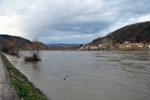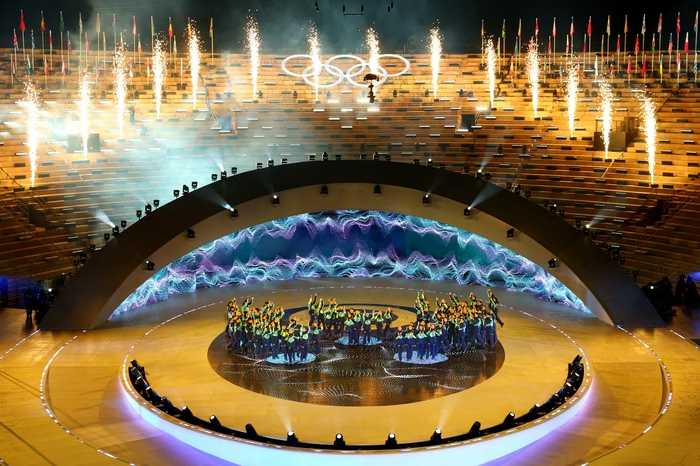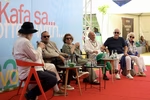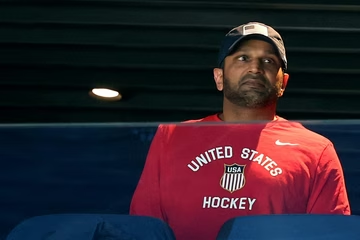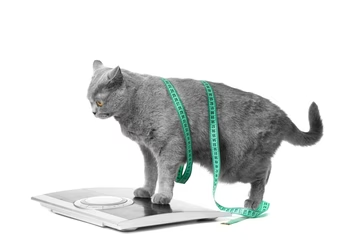
Despite a Constitutional Court ban, Bosnia’s Serb-majority part is on Wednesday celebrating its own holiday, the Day of Republika Srpska (RS), and top officials in the Bosnian region, as well as those of neighbouring Serbia, are attending the celebration which was, as usual, met with criticism.
“Just like we tolerate here our existence within Bosnia and Herzegovina, they will have to get used to us too. Bosnia and Herzegovina is not the happiest place for us, but we're aware of the international agreement, the obligations stemming from the Dayton Peace Agreement and the Constitution and we only want the constitutional status,” said the Serb member of Bosnia’s tripartite Presidency and leader of the party in power in the RS, Milorad Dodik, a day before the ceremony.
“Celebrating January 9 as the RS Day is a reality that must be accepted," he said.
But the Council of Congress of Bosniak Intellectuals (VKBI) criticised the celebration.
“Unfortunately, Serb politicians in power are still today treading on the wrong path, after 24 years of peacekeeping in Bosnia and Herzegovina, and they are ‘pouring salt into the wounds’ of the victims of the genocide and the gravest forms of crimes against humanity and international law,” a statement from the VKBI on Tuesday said, referring to the 1995 genocide in Srebrenica.
Every year the government of the semi-autonomous Republika Srpska entity organises a ceremony for the holiday on January 9th in Banja Luka, the administrative centre of the entity, and every year it produces a quarrel between Bosniak and Bosnian Serb representatives.
Republika Srpska is the Serb-dominated part of Bosnia, established as such with the 1995 Dayton Peace Agreement.
The January 9th celebration is, however, marking the day in 1992 when ethnic Serb representatives proclaimed the Republic of the Serb People of Bosnia and Herzegovina, declaring it part of the Socialist Federal Republic of Yugoslavia after Bosnia’s People’s Assembly adopted the ‘Memorandum of Sovereignty’, effectively breaking away from the former state.
Then, the 1992-1995 war in Bosnia broke out.
The Constitutional Court banned the celebration of the Day of the RS in 2015, granting an appeal by Bakir Izetbegovic, who was at that time the Bosniak member of the country’s tripartite Presidency.
The reason stated was that the celebration falls on the same date as an Orthodox religious holiday, and celebrating it is, therefore, discriminating against the mostly Muslim Bosniaks and the mostly Catholic Croats.
The Court gave the RS Government six months to find a new date for the celebration but the request has so far been ignored.
RS authorities, most notably those from the ruling party of then-RS President Milorad Dodik, the Alliance of Independent Social Democrats (SNSD), but also from Bosnian Serb opposition parties, contested the decision and called for the adoption of constitutional amendments that would remove foreign judges from the Constitutional Court, whom they blame of siding with Bosniaks.
The RS Government also organised a referendum within Republika Srpska asking citizens whether January 9 should be celebrated anyway and citizens voted in favour.
Valentin Inzko, the High Representative who was appointed by the international community to oversee the civilian implementation of the 1995 Dayton Peace Agreement which ended the Bosnian war, said at the time that RS authorities had breached the Constitution with the referendum.
In 2016, the RS Day celebration took place and was visited by, among others, the then-Prime Minister of neighbouring Serbia, Aleksandar Vucic.
By the end of the year, the RS National Assembly adopted a Law on the Day of RS, in which it officially declared January 9 as the Day of the RS, as a secular holiday.
Kakvo je tvoje mišljenje o ovome?
Učestvuj u diskusiji ili pročitaj komentare





 Srbija
Srbija
 Hrvatska
Hrvatska
 Slovenija
Slovenija












